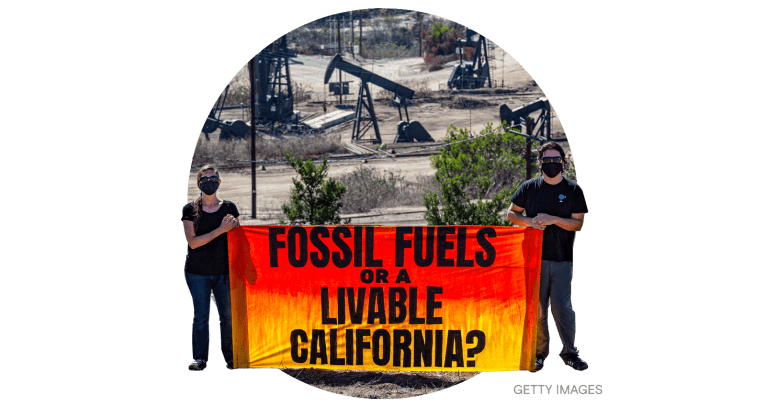It’s Wednesday, December 7, and a judge in Australia said no to a proposed coal mine.
A court in Queensland, Australia, recommended against approving a massive coal mine proposed by a company owned by billionaire Clive Palmer, arguing that the project would exacerbate climate change and jeopardize human rights.
In a decision issued late last month, Queensland Land Court president Fleur Kingham said the Waratah Coal company should be denied a mining lease and environmental permits for its Galilee Coal Project. The project, which has been stalled since gaining federal approval in 2013, sought to produce some 40 million metric tons of coal each year in an ecologically diverse region of northeastern Australia. This would lead to an estimated 1.58 billion metric tons of CO2 emissions over the mine’s 35-year lifetime — more than three times Australia’s total annual climate pollution.
“[T]he climate scenario consistent with a viable mine risks unacceptable climate change impacts to Queensland people and property, even taking into account the economic and social benefits of the project,” Kingham wrote. She also said the resulting damage to the climate and environment would violate the cultural rights of Indigenous peoples, as well as the rights of children and Queenslanders’ general rights to property, privacy, and home.
Kingham’s decision is still just a recommendation — Queensland’s resources minister and environmental agency will get the final say over the Galilee Coal Project’s future. But a lawyer involved in the case said it could set an important precedent in Australia, a country whose per-person greenhouse gas emissions are some of the highest in the world, potentially creating an avenue for blocking other coal mines on climate and human rights grounds.
Youth Verdict, the First Nations-led group of young people that originally challenged the coal project in April, cheered the outcome and promised to continue fighting at least 30 other mines proposed in Queensland. Indigenous people who live on Australia’s low-lying Torres Strait Islands and on the Cape York peninsula — some of whom testified in the case — also applauded the decision, saying it was necessary to prevent their homes from being consumed by rising seas.
“If we don’t get this right now, none of these islands, our low islands, will be left in 50 years time,” Kapua Gutchen, an elder of the Meuram tribe in the Torres Strait, told the Guardian.
In the news
European officials object to Biden’s green subsidies as protectionist
Emily Rauhala and Ellen Nakashima, The Washington Post
➤ Read more
UN summit aims for global pact to protect nature
Gloria Dickie and Allison Lampert, Reuters
➤ Read more
Democrats make last-ditch effort to pass Joe Manchin’s energy permitting bill
Jake Bittle, Grist
➤ Read more
UAE plans to have it both ways as COP28 climate summit host
Chloé Farand, Climate Home News
➤ Read more
Climate foes push Great Reset conspiracy theory
Scott Waldman, E&E News
➤ Read more


